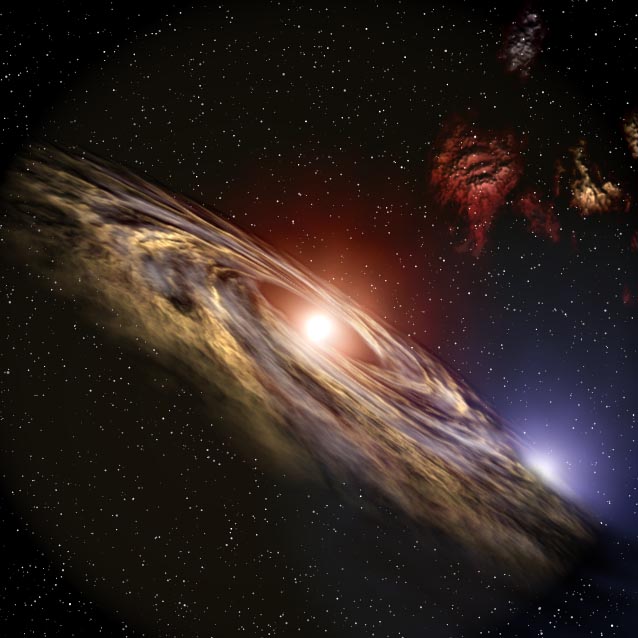



I am an Associate Professor of Physics in the Department of Physical and Environmental Sciences at Colorado Mesa University.
My research interests are focused on the use of semi-analytic models and numerical simulations to study high energy astrophysical phenomenon. I have a wide variety of interests in this regard and my work has focused on angular momentum transport in accretion disks, radiative transport in gamma ray bursts, dynamical evolution of gamma ray burst afterglows, magnetohydrodynamical modelling of solar flares, and particle in cell simulations of shocks in astrophysical explosions.
I have also performed purely analytical studies of astrophysical phenomena including work focused on large scale exoplanetary atmospheric dynamics and stellar populations in galaxy clusters. I make extensive use of massively parallel computer simulations and research projects students could work on would entail learning; parallel processing, simulation design, data analysis, and semi-analytic treatments of astrophysical phenomenon. I have a strong background in numerical methods and parallel computing using both fluid and particle based codes.
Students working with me would have a variety of physical phenomenon which they could investigate using the powerful tool of simulation. As of 2016 I have publications with CMU students in highly ranked, peer reviewed journals. Additionally, I have taken students to national conferences in the field of astrophysics and worked with students such as Jeremiah Moskal to produce code for the astrophysical community such as this port of a Sedov Taylor verification code written in Fortran to the Python programming language.
I received a BA (Summa Cum Laude) degree in Psychology and a BS (Summa Cum Laude) in Physics with a mathematics minor from Temple university. I received my masters degree and doctorate from the University of Colorado at Boulder working under Phil Armitage. I spent one year as a post-doctorate researcher at the university of Rochester. I joined the faculty of Colorado Mesa University in the Fall of 2011.
If you are using Firefox or Mozilla please be aware that it does not incorporate support for viewing PDF files without extensions. You have several options in this case:
1: Use a different browser, I like Safari. (Suggested)
2: Right click on the link below to download the page contents as a PDF.
3: If you really want to see the document in a browser window follow the following instruction:
For MAC users PDFs on a Mac In Firefox
For Windows users PDFs on a Windows Machine in Firefox
Site Last Updated on Friday, July 11th 2025.